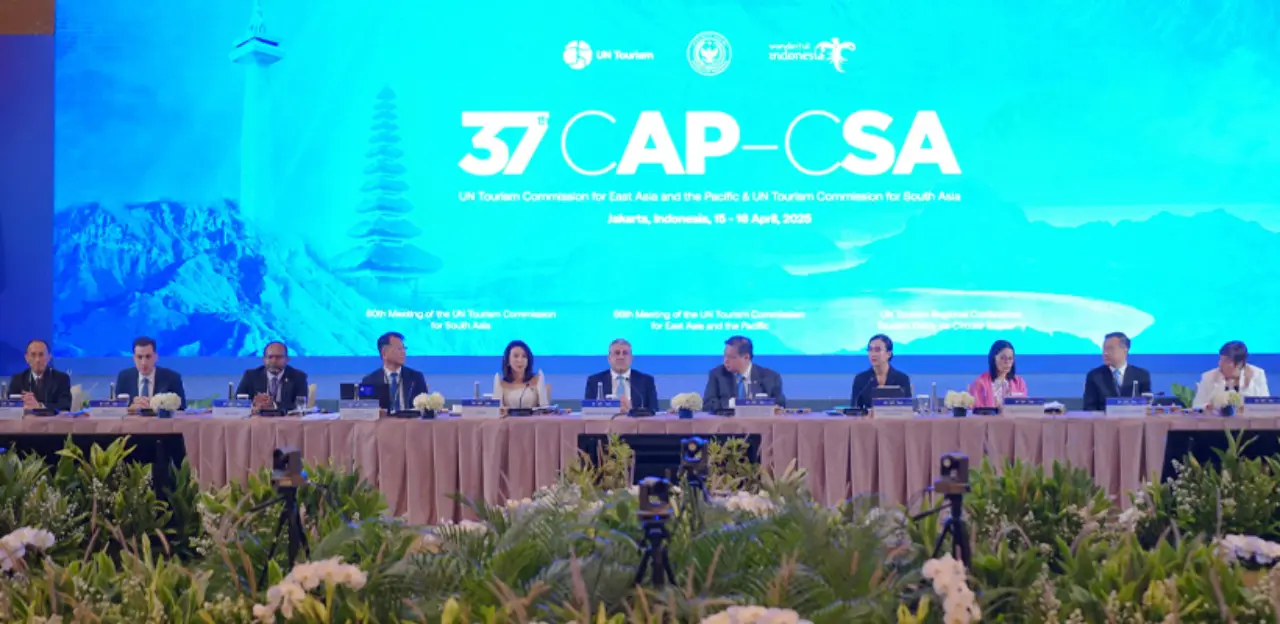The Maldives officially closes its borders to Israeli citizens as President Mohamed Muizzu ratifies the third amendment to the country’s Immigration Law. The update, which bans entry to all holders of Israeli passports, follows through on a pledge first announced in the summer of 2023 and is now fully enacted into law.
According to an official statement from the Office of the President, the decision stems from what the Maldivian government describes as a firm stance in solidarity with Palestine. The statement condemns Israel’s “ongoing atrocities and acts of genocide against the Palestinian people” and affirms the Maldives’ commitment to promoting and protecting Palestinian rights on international platforms.
Although the Maldives and Israel do not maintain diplomatic relations, Israeli citizens were previously permitted to visit the country. That policy is now a thing of the past, with the new law effectively banning Israeli nationals from entering the archipelago. The measure applies universally to all Israeli passport holders, regardless of the purpose of their visit.
President Muizzu had previously made it clear that his administration intended to amend national laws to implement the travel ban. In addition to the legislative effort, he appointed a special envoy tasked with assessing Palestinian needs, further signaling the government’s alignment with the Palestinian cause.
Tourism Implications and Diplomatic Fallout
The Maldives, a predominantly Muslim nation known for its luxury resorts and pristine beaches, is a top-tier destination for international tourists. However, the new policy has drawn attention not only for its political significance but also for its potential impact on tourism and diplomatic relations. The Israeli government has already responded by advising its citizens against travel to the Maldives and recommending that any Israeli nationals currently in the country leave as soon as possible.
The travel advisory underscores the seriousness of the situation and reflects growing tension in the region. While the number of Israeli tourists visiting the Maldives has historically been small compared to other nationalities, the new ban sets a precedent and may influence travel behavior and diplomatic decisions moving forward.
This latest move adds to a list of actions by the Maldives that position the country as an outspoken critic of Israeli policies. The government emphasized that it will “continue to advocate for accountability for violations of international law” and maintain its vocal condemnation of Israel’s military actions.
For travelers, the change marks a rare example of passport-based exclusion in modern tourism. The Maldives’ decision places it among a handful of countries with active entry bans for nationals of specific states, making it a significant case in the intersection of politics and global mobility.
Looking ahead, the government has not indicated whether further restrictions will be implemented, but the current law is expected to remain in effect indefinitely. The Maldives’ foreign policy direction under President Muizzu is becoming increasingly defined by its vocal support for Palestine and broader alignment with Muslim-majority nations calling for international action.













